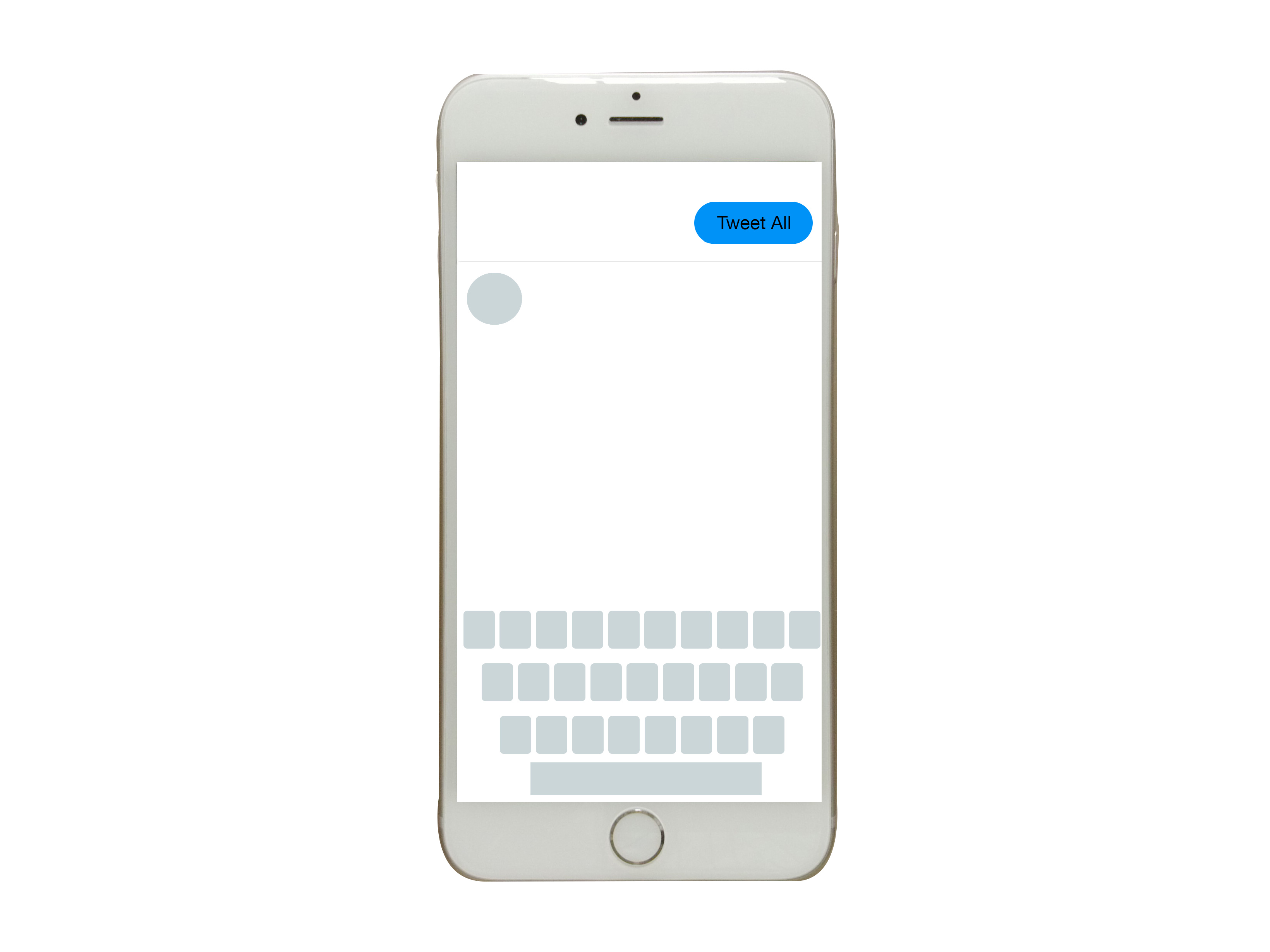Freedom of speech is supposed to be a guaranteed right we all have, however as it currently stands in our society, your right to speak will not always be guaranteed.
In an increasingly interconnected world, social media has become the medium by which people freely express themselves. Through it, they vocalize their political opinions and religious beliefs. Cable television and newspapers have steadily been on the decline and are being replaced by social media as the outlet from which we consume news and information about the world around us.
According to statistical analysis by the Pew Research Center, “One-in-five U.S. adults say they often get news via social media, slightly higher than the share who often do so from print newspapers (16%) for the first time.” Another statistic by the Pew Research Center showed that “43% of adults get news often from news websites or social media, compared with 49% for television.”
This clearly shows what we already know to be true—social media is the new public forum where we debate ideas and communicate our opinions. In recent history, President Trump has chosen to communicate directly with his supporters via Twitter. Despite criticisms of his choice to do so, it is inarguable that through social media, our public officials and thought leaders have become more accessible than ever.
Despite their overall message of being inclusive, social media conglomerates have been criticized for their recent attempts to censor dissenting contrarians. Recent suspensions and outright bans have included Alex Jones, Tommy Robinson, Milo Yiannopoulos and Steven Crowder.
Regardless of whether or not you agree with the political views of these people, it is of the utmost importance that as a society we collectively agree on a guiding principle for free speech: I may disagree with everything you have to say, but I will defend to the death your right to say it. Every time we censor a person, we not only deny their right to speak, but we also deny ourselves the right to listen.
Every time a social media site sensors a person, they are not only censoring the person but that person’s ideas. Logically then, we are trusting these social media sites to be moral arbiters for society who determine whether or not our ideas should be permissible. This is too much responsibility placed in the hands of a few men and women who control massive media conglomerates who share similar political and world views. The more we become dependent on their services, the more powerful they become by controlling the flow of information.
A common argument made by the social media conglomerates is that they are protecting their users by banning what they consider to be hate speech. This idea of banning “hate speech” on the grounds of it being too dangerous for society harkens back to an era in the United States when criticism of the political establishment and the government was illegal.
In the extreme case of Alex Jones, whom is well known for his absurdity and often inflammatory claims, he was found guilty of thoughtcrime and was quickly banned from almost all major social media sites. This includes but is not limited to Twitter, Facebook, Spotify and YouTube. Despite a distaste by many for his reprehensible behavior in the past, Alex Jones should absolutely be free to say anything he wants at the risk of offending you. Every time you or I speak we risk offending each other, but it is a necessary risk to take so that we may learn from each other and consider each other’s perspectives.
Even if all of society was united in a singular belief and only one heretic dared to challenge this idea, their right to speak must be given the utmost protection because what they have to say may contain a grain of truth and may force us to evaluate what we believe to be objectively true.
Graphic: Elizabeth Talbert/ The Johnsonian




